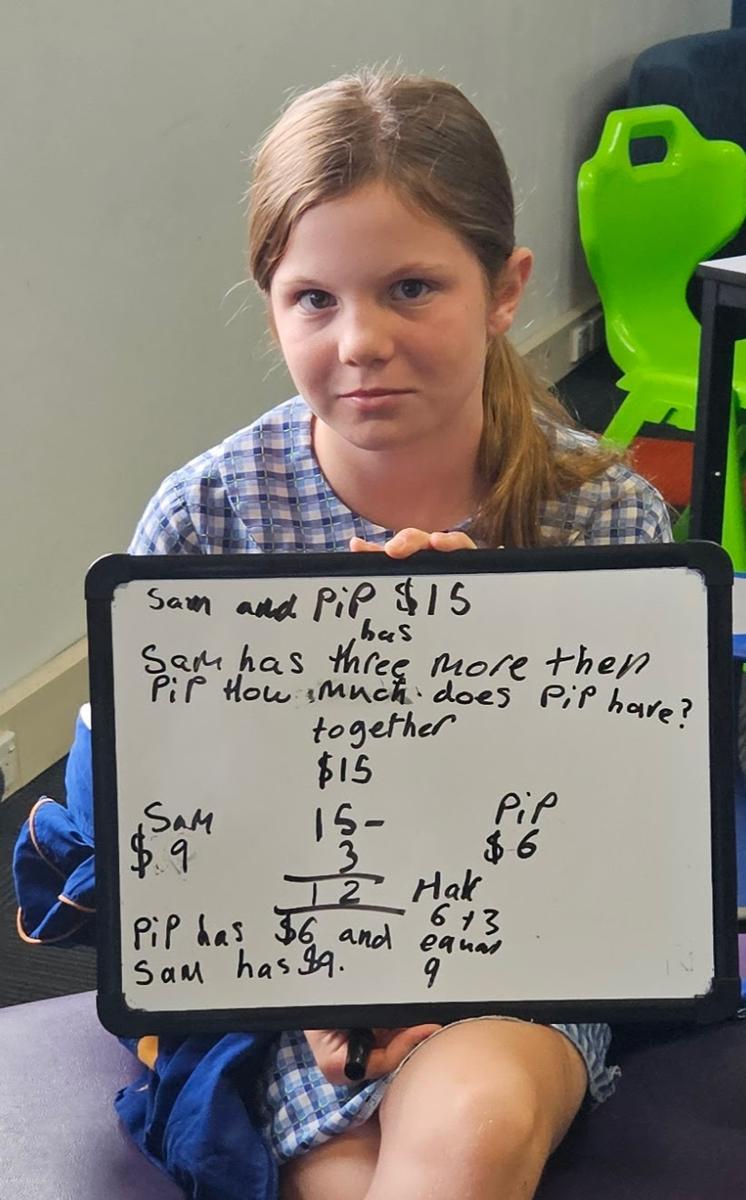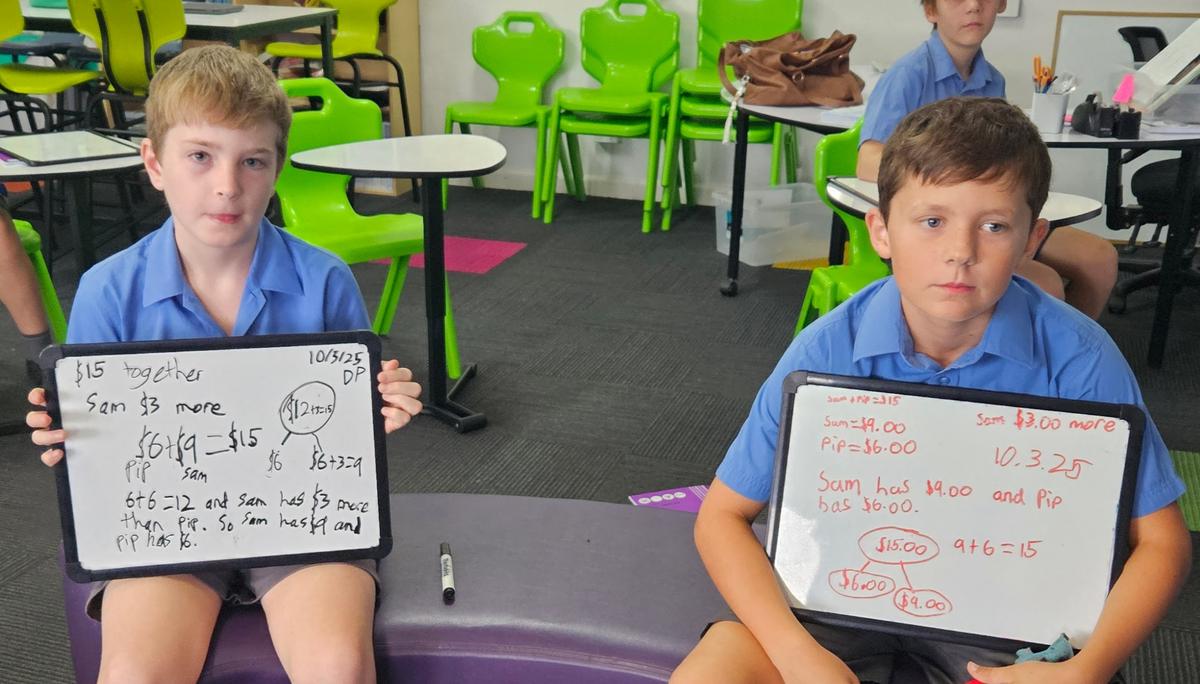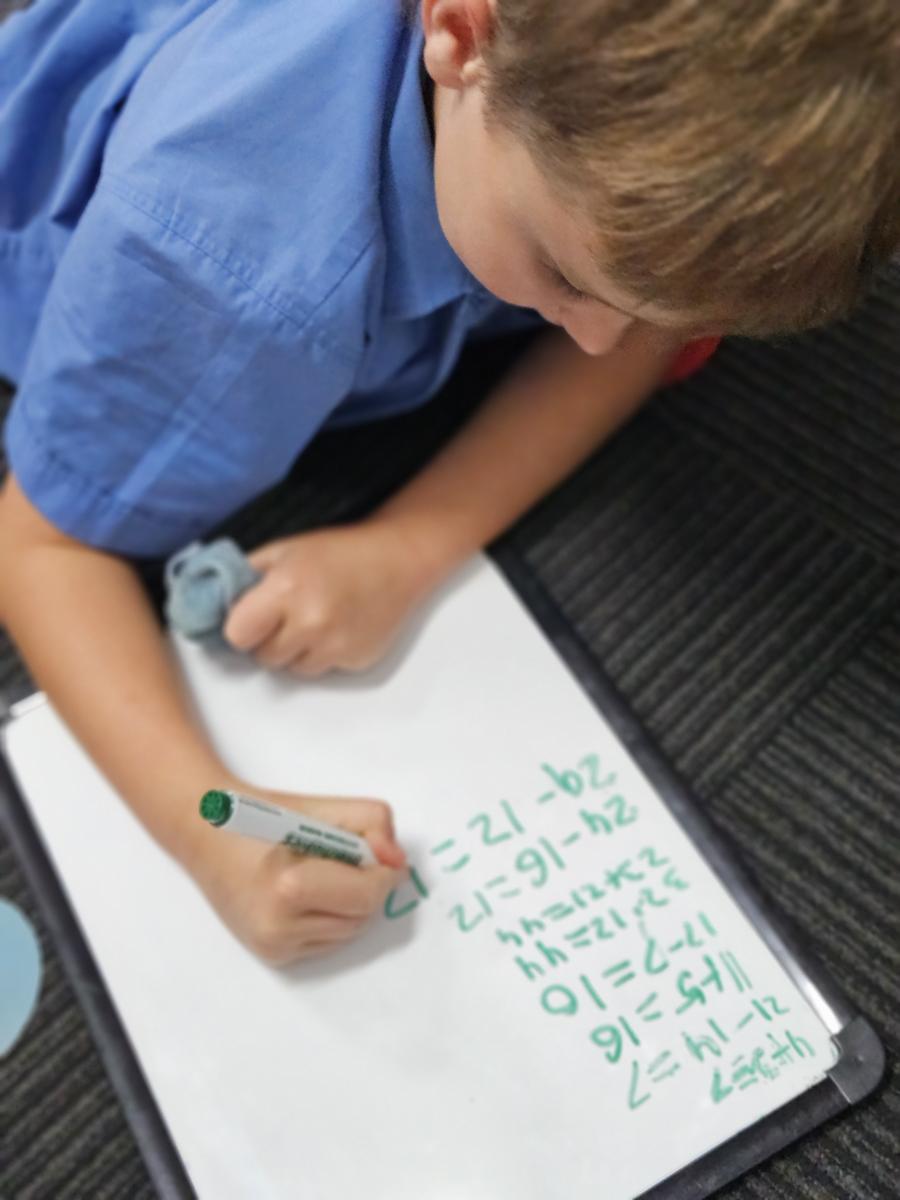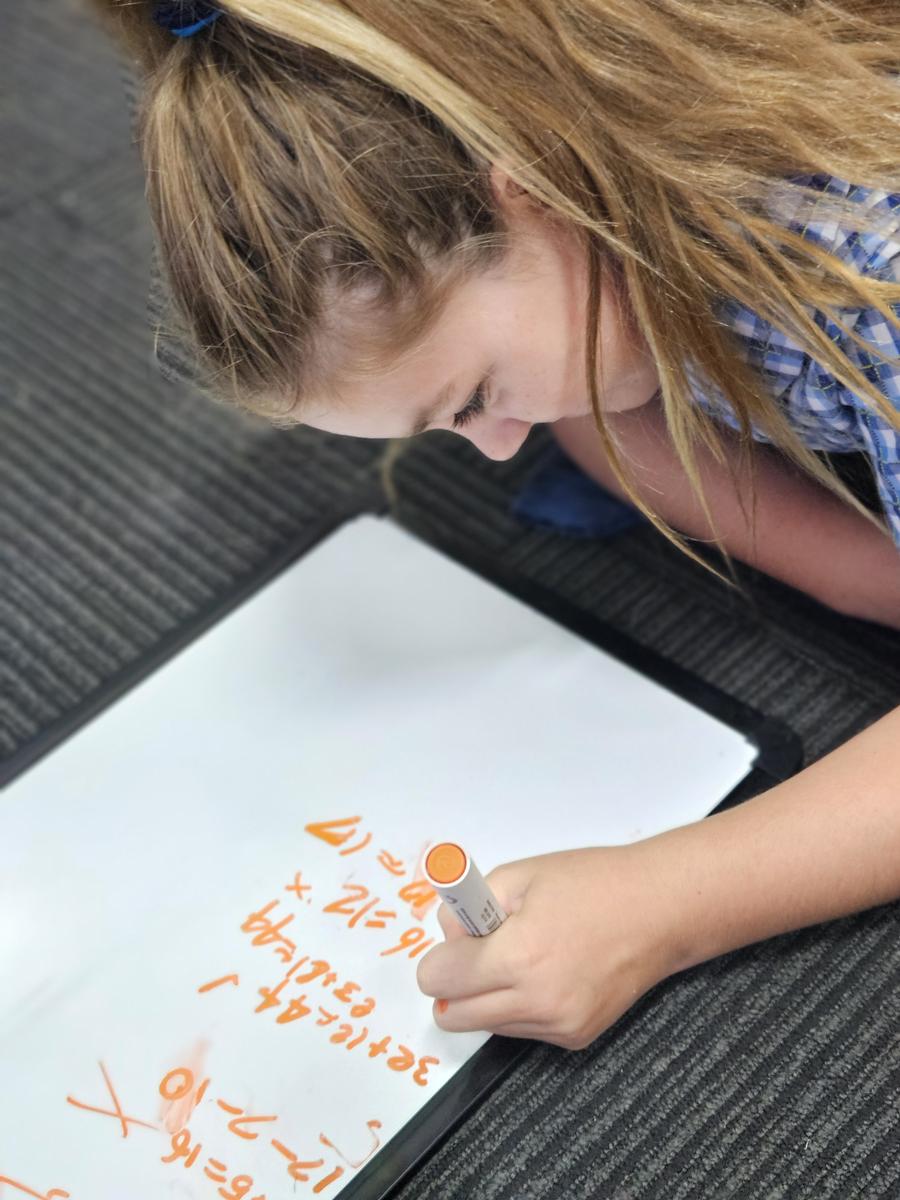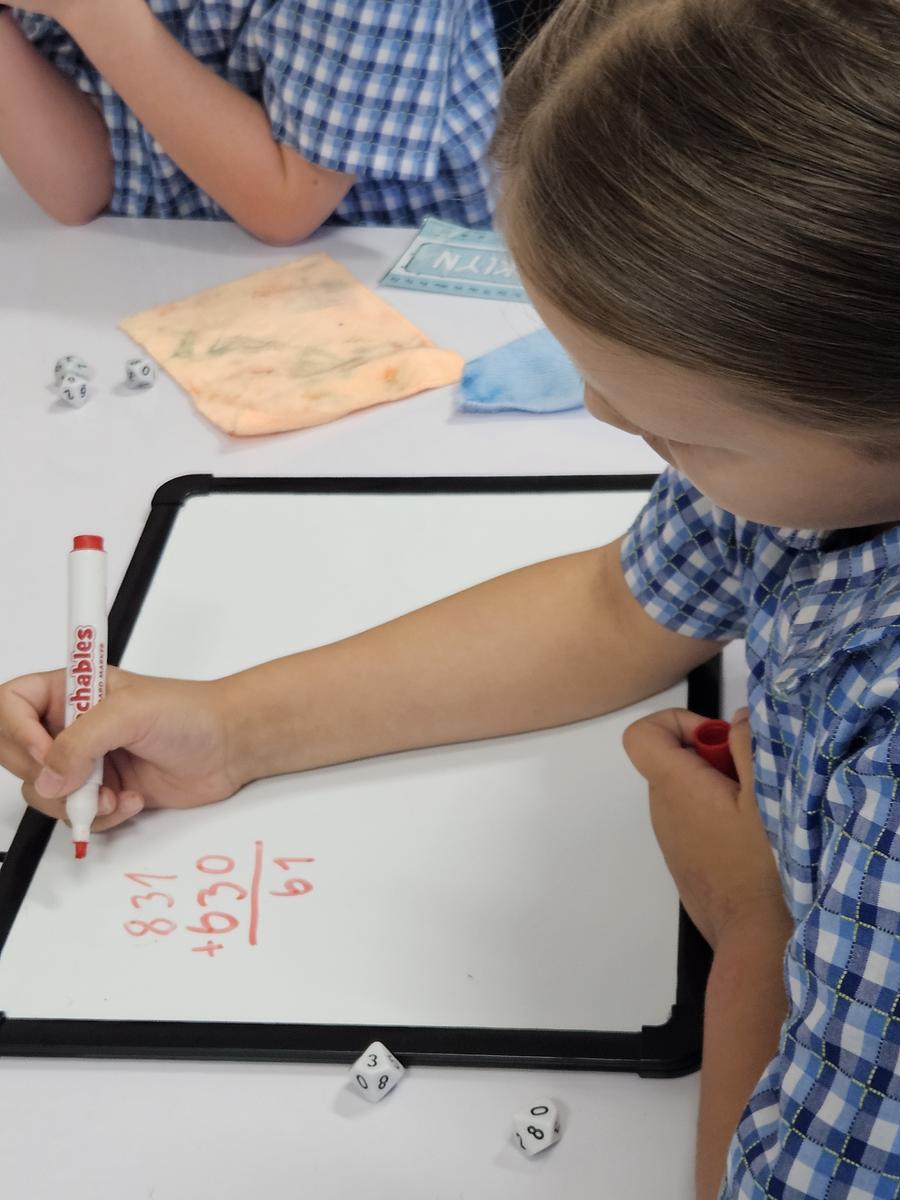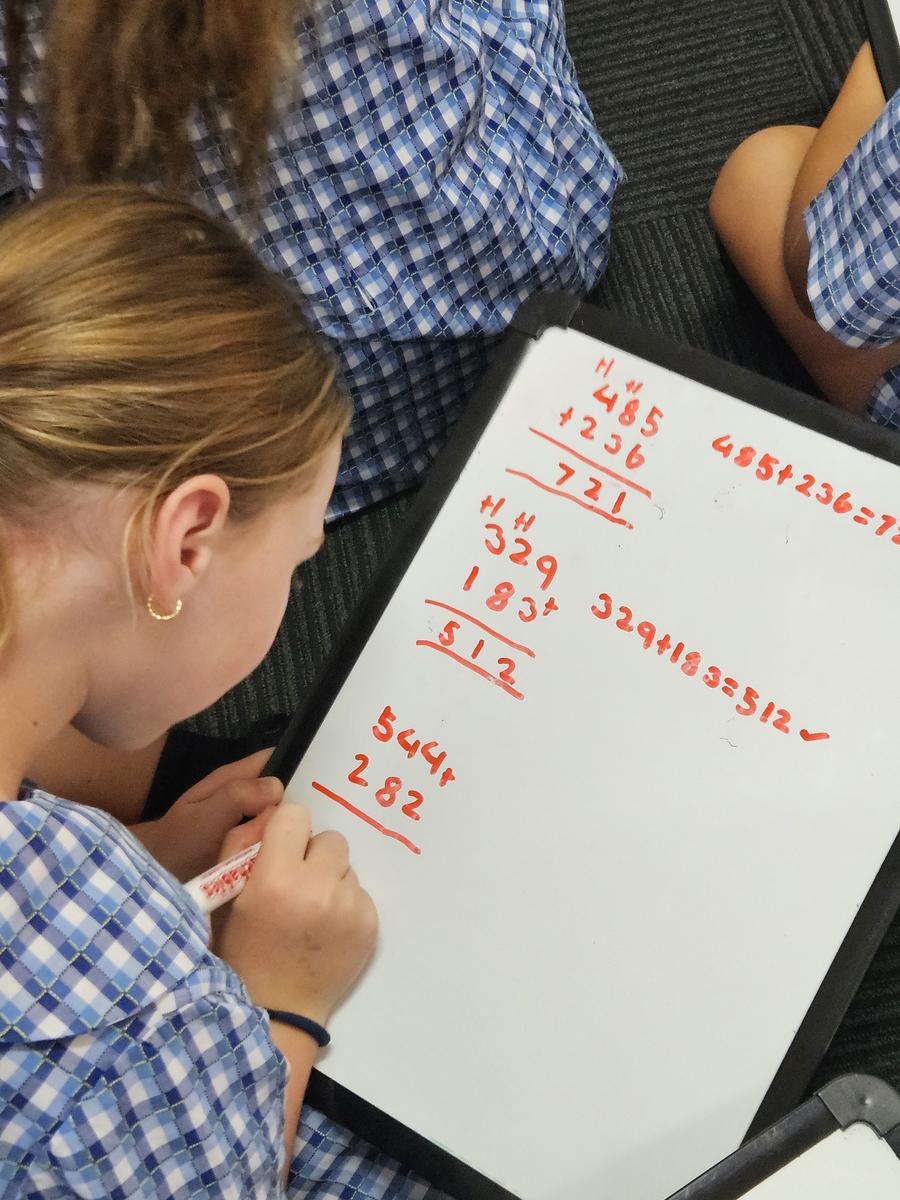Mathematics
Mrs Robyn Wilson - MaST - Mathematics Specialised Teacher
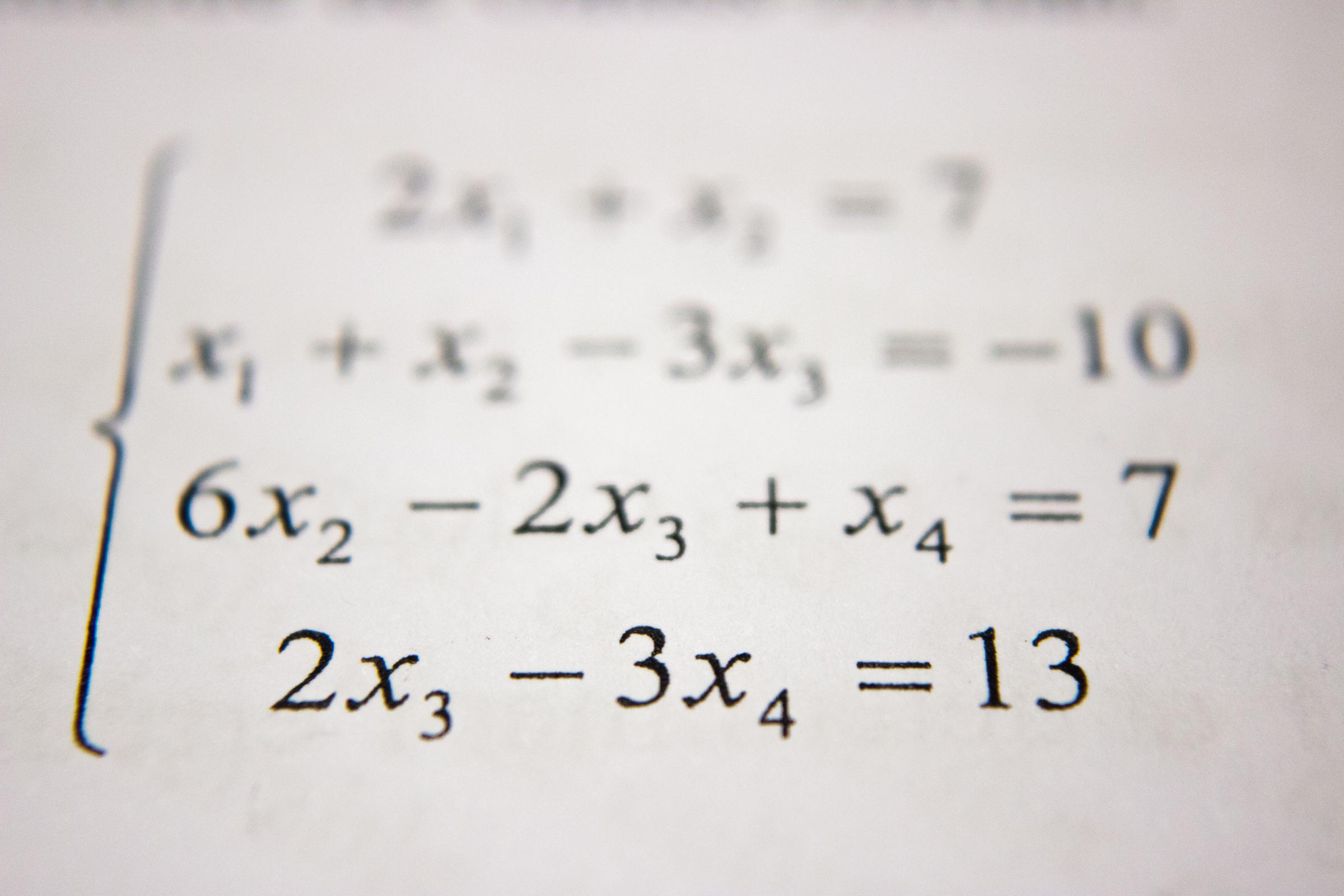
Mathematics
Mrs Robyn Wilson - MaST - Mathematics Specialised Teacher
Making Math Meaningful: Understanding Additive Relations
As parents, we all want to help our children succeed in mathematics. Sometimes, however, the terms used in modern math education can seem a little confusing. One concept you might encounter is "additive relations." But what exactly does that mean, and why is it important?
The Basics:
In simple terms, an additive relation describes how two or more quantities are connected through addition or subtraction. It's about understanding the "relationship" between numbers when you add or take away.
Here's a breakdown:
Why It Matters:
Understanding additive relations is fundamental to building a strong foundation in math. It helps children:
Real-Life Examples:
Additive relations are all around us. Here are a few examples you can share with your child:
How to Help at Home:
Play games: Board games and card games can make learning fun.
By understanding additive relations, you can help your child develop a deeper appreciation for mathematics and build the skills they need to succeed.
Stage 2 and Stage 3 have been looking at additive relations. See below so photos of their learning.
